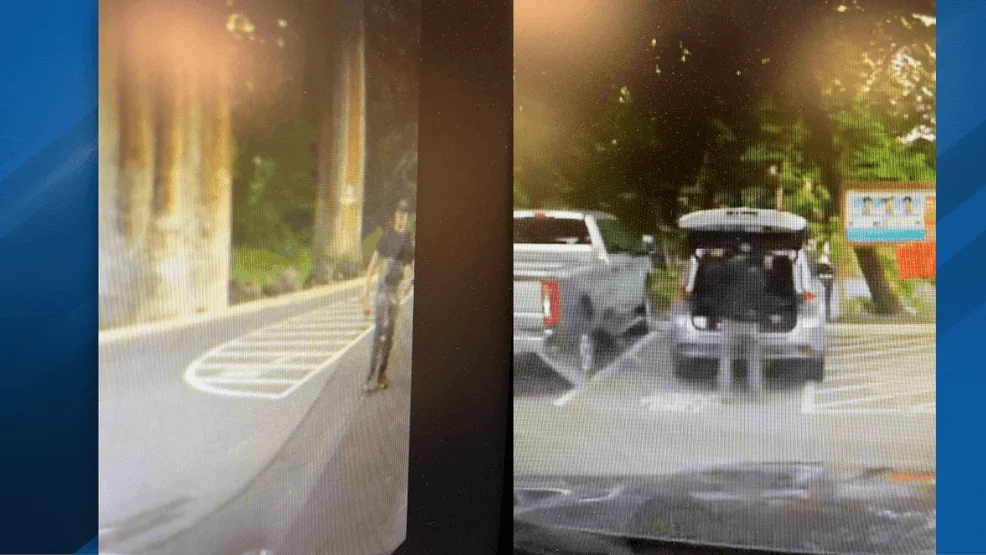
Oregon State Police Seek Public Help in Wild Steelhead Poaching Case
In a recent and alarming incident in Douglas County, Oregon, the Oregon State Police Fish and Wildlife Division is appealing to the public for assistance in identifying suspects involved in the illegal capture of a wild steelhead. This incident, which highlights the ongoing threats to wildlife in the region, underscores the importance of community vigilance and cooperation in protecting endangered aquatic species.
On May 8, a father and son encountered police in the parking lot of John P. Amacher Park. After they left, authorities discovered a wild steelhead concealed in bushes near the area where fishing had taken place. Notably, the retention of wild steelhead on the Umpqua system is strictly prohibited, illustrating the serious nature of this violation.
The suspects, driving a gray or silver SUV resembling a Toyota Highlander, managed to flee the scene before their full identities could be established. Described as frequent visitors to the local fishing spot known as the Dollar Hole on the Main Umpqua, the suspects pose a threat not only to the wild steelhead population but to the integrity of local ecosystems.
The Oregon State Police has enlisted the support of the Turn In Poachers (TIP) program, a collaboration designed to incentivize community members to report wildlife violations. This program, in partnership with organizations such as the Oregon Hunters Association, provides rewards, which may include cash incentives and preference points for lawful hunters. This initiative plays a crucial role in deterring poaching and fostering responsible wildlife stewardship.
Authorities encourage anyone with information about the suspects to contact the tip hotline at 800-452-7888 or reach out to Senior Trooper Kyle Bachmeier at the Southern Command Center. It’s important to reference case number SP25-152261, and callers can choose to remain anonymous if they wish.
This incident serves as a reminder of the fragility of wildlife populations and the necessary role that community members play in their protection. As we navigate an era marked by ecological challenges, can we deepen our commitment to safeguarding these natural resources? Encouraging awareness and reporting can foster a healthier environment for generations to come.
What are your thoughts on the importance of community involvement in wildlife protection? We invite you to share your opinions and insights in the comments section below.